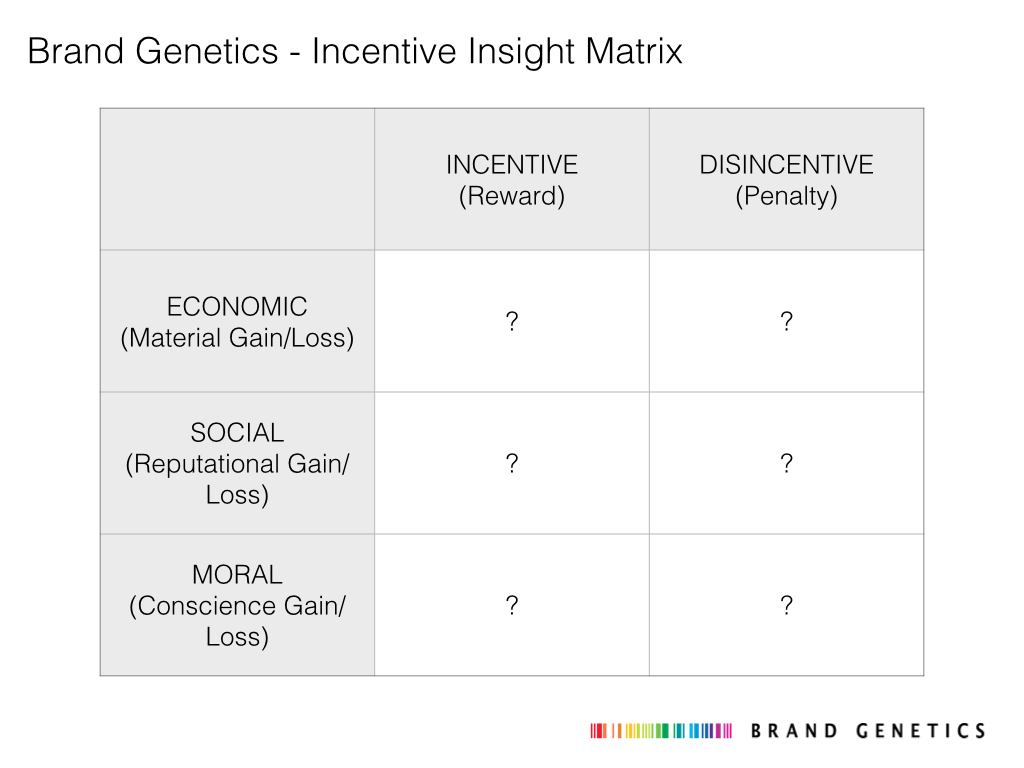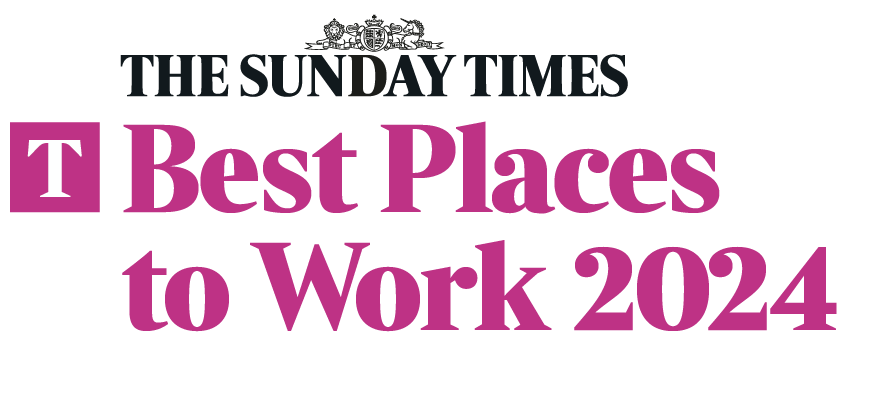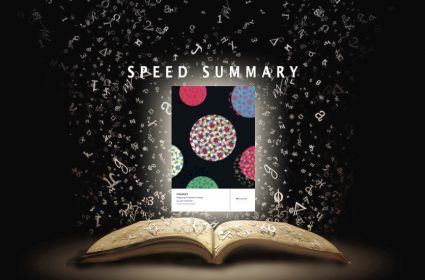Freakonomics: A Rogue Economist Explores the Hidden Side of Everything [Speed Summary]

- Freakonomics: A Rogue Economist Explores the Hidden Side of Everything
- Author: Steven Levitt and journalist Stephen J. Dubner
- Publisher: William Morrow
- Publication date: 2005
Before summarising the latest 2014 instalment of the massively popular Freakonomics franchise ‘Think Like a Freak’, here’s a speed summary of the best-selling original Freakonomics published back in 2005.
Freaky Research
Freakonomics is a book about ‘freaky’ research and insight. Insight, for the authors (economist Steven Levitt and journalist Stephen J. Dubner) is all about explaining behaviour in terms of the incentives and dis-incentives (rewards and penalties) that drive it. Sometimes incentives will be obvious, but often they will be hidden – and will need research sleuthing to uncover and map them.
The promise is that when we understand the incentives at play, we can influence and change behaviour with products, services and initiatives that disrupt existing incentive schemes.
Mapping Incentives
So what exactly are these incentives? From an economic perspective, incentives are the material rewards and penalties received or promised for behaving in a certain way (hence the label ‘behavioural economics’). But incentives are not just economic in nature – incentives come in three flavours:
- Economic Incentives – Material gain/loss (doing what’s best for us)
- Social Incentives – Reputation gain/loss (being seen to do the right thing)
- Moral Incentives – Conscience gain/loss (doing/not doing the ‘right’ thing)
From a Freakonomics perspective, insight is all about understanding these incentives, and explaining ‘freaky’ (weird, unexplained) behaviour in terms of them. For example, incentives can explain the freaky behaviour of Sumo wrestlers in must-win league matches (where losing means demotion). They win 80% of the time! This is partly because of the self-evident economic and social disincentives associated with demotion (they fight harder), but it’s also because of a moral incentive on the part of the fighter’s adversary not to force a demotion on a fellow wrestler (from a tight knit community). Understand the incentives at play, and you understand the behaviour.
Doing Freakonomics
This insights-as-incentives perspective of Freakonomics provides a simple but powerful framework for understanding consumer behaviour
- Overall, consumer behaviour is patterned by incentives and “utility maximisation” – people will try to maximise rewards (incentives) and minimise penalties (dis-incentives) at the least cost to themselves
- The most compelling incentive structures combine all three types of incentive/disincentive – economic + social + moral. For example, a moral dis-incentive was inadvertently removed for picking children up late from a daycare centre when a fine was imposed on late pick-ups by the daycare centre. The parents rationalised the fine (economic disincentive) as payment for being late – so they no longer felt guilty. The result? Late pickups doubled! (this also shows how incentives interact – often with unintended consequences).
- Consumers may try and ‘cheat’ incentive structures to obtain free rewards or avoid penalties – especially when there are few moral and social disincentives for not cheating. For example, people are more likely to steal bagels at work (where there’s an ‘honesty’ money jar) when they work for big anonymous companies where they feel they have little moral or social affinity with co-workers (and where morale or mood is low)
- Look for the exceptions when hunting for new insights. For example, the insight and received wisdom that violent crime in the US dropped in the 1990s due to a zero-tolerance ‘broken windows’ policy can be debunked looking for exceptions – where and when the relationship fails. This investigation of the data leads to an alternative insight, that abortion legalisation helps explain the drop in crime; 18 years following the Roe vs. Wade legalisation of abortion there were fewer young adults around who had been born as unwanted children to parents who didn’t want, couldn’t afford or were unable to raise them (risk factors for entering a life of violent crime)
- Beware of correlation-causality confusion. For example, reading parenting books may be correlated to successful parenting outcomes (e.g. educational achievement), but research shows it’s the fact that some parents care enough to read about parenting, rather than the advice they read in the books that is key. Likewise, there may be a correlation between choice of school and academic achievement, but this may have more to do with caring enough to choose a school (and sometimes move home), rather than the particular choice of school. Often it’s who we are, not the results of what we do that drives outcomes – especially when it comes to parenting. For example, taking your child to museums, reading to them or even choosing their name has less impact that who we are as parents interested in books, museums and parenting.
The Brand Genetics Take
Freakonomics provides a practical approach to hunting for and uncovering insights. Hunt for insights where normality, received wisdom or expectations are disrupted, and then map the incentive structure for the behaviour. Therein lies not only insight, but opportunity to change behaviour.
- First look for unexplained, ‘freaky’ (peculiar) patterns of behaviour
- Then map the incentive structure that can explain the behaviour
In terms of mapping incentives, Freakonomics provides us with a useful six-box incentive matrix for uncovering insights and opportunities (and that goes beyond the hackneyed, clichéd and ultimately vacuous false dichotomy of ’emotional’ / ‘functional’ factors).

In sum, here at Brand Genetics Freakonomics continues to freak us out (in a good way). We think Freakonomics is an excellent antidote to much of today’s hype around behavioural economics in marketing, innovation and consumer research. Instead of techno-babble/psycho-babble, Freakonomics provides a simple, practical framework doing behavioural economics to yield insight and deliver incentive-led innovation. Just look for ‘freaky’ behaviour, and then map the incentives. Job done.




